
Here at Fizzics, we love asking the question: Is there an experiment we can do for that? So during a discussion about famous scientists being role models for students, we thought “wouldn’t it be awesome if we could do an experiment to show what their research was all about?” Last month one of our blog posts mentioned Rosalind Franklin. She was one of the scientists responsible for figuring out the structure of DNA, which was a Nobel Prize-worthy feat! Rosalind achieved this by using her skills in crystallography (the study of crystals!), and a special phenomenon of light: Diffraction.
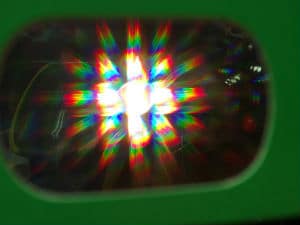
Looking through firework glasses: light passing through a diffraction grating to make beautiful rainbows!
So here is a super simple crystallography experiment suitable for all ages, shown to me by my amazing scientist friend Marina Roxburgh from University of Otago Chemistry Outreach:
What you will need
- You mobile phone
- Crystals can be any colour! I used some sugar crystals that I normally put in my tea. You can also grow your own salt or borax crystals from our >100 free experiments section!
- A piece of white paper or paper towel
Method
- Pour the crystals out on the paper.
- With your mobile phone camera app, turn on flash or the flashlight and capture photos or a video of the crystals at different angles.
That’s it! You may notice that the light reflecting off individual grains is different in each photo. Those pretty shifting sparkles that you see are actually demonstrating the fundamental idea of crystallography! While in actual crystallography the instrument is collecting diffraction patterns instead of reflected light, it does so by rotating the crystal and taking hundreds or thousands of “pictures” from different angles.
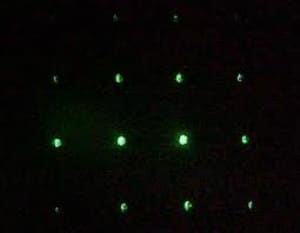
The diffraction pattern from a green laser.
Each of these pictures provides a snippet of information about the crystal, but by adding them all up a crystallographer can solve the puzzle that is the structure and the arrangement of chemicals within the crystal. How mind-blowing is that?!
If you like the idea of combining science history with some hands-on activities, let us know in the comments! Also to celebrate International Women’s Day, we asked the ladies at Fizzics for some words of wisdom:
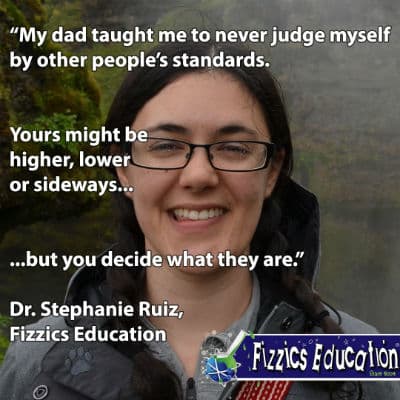
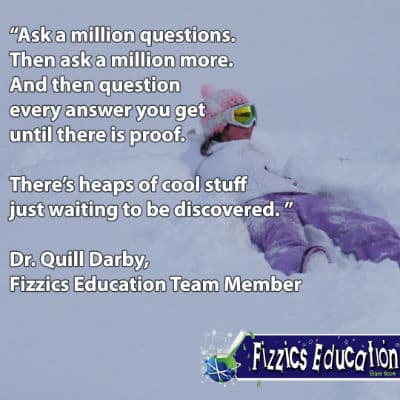
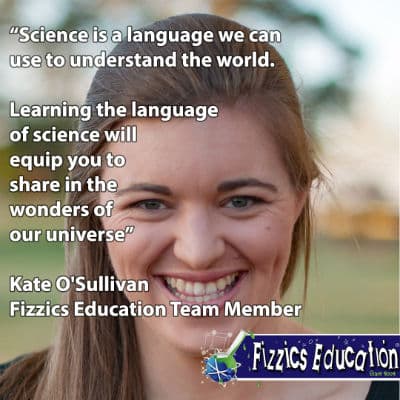
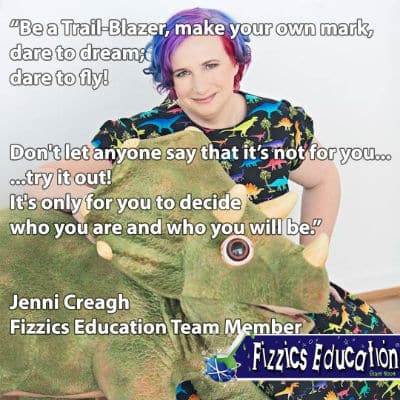
If you like these, there’s more @FizzicsEd on Twitter!
Happy teaching,
NEW Primary science teaching book!
“Be Amazing! How to teach science, the way primary kids love”
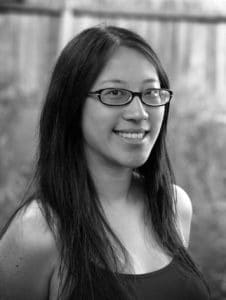
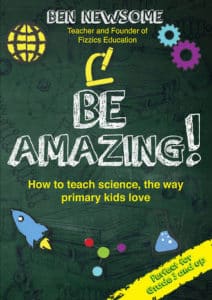

























Comments